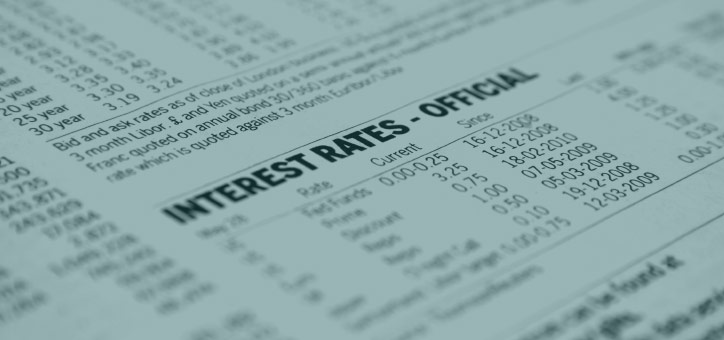Accounting & Finance

Ultimate Guide to Economics
Think economics is just about charts, graphs, and dollar signs? Think again. Like the economy itself, the study of economics, which is a social […]

20 Best Online Economics Degrees 2022
What do Bill Belichick, Warren Buffett, and Mick Jagger have in common? They were all economics majors! While most economics majors don’t become football […]

30 Great Economics Degree Scholarships
Earning an economics degree can get expensive. If you’re looking for financial aid for economics degree programs, don’t forget to apply for as many […]

Best Online Master’s in Forensic Accounting
Corporate and financial fraud is on the rise. The only hero fit for the job? Forensic accountants. Earn an online Master’s in Forensic Accounting […]

Best Online Finance Degrees
Want to prove that you’re an expert in investing? Start by investing in your future with an online Bachelor’s in Finance. In the world […]

Why Study Economics?
We’ve all likely heard of economics, but many of us may not have a comprehensive grasp of the utility and impact this field of […]

Best Online Master’s in Finance
Take your financial investment skills to the big leagues. Earn an online Master’s in Finance at one of the best schools in the nation. […]

Best Online Forensic Accounting Degrees
Do you want to be a crime-fighter but don’t feel cut out for the police force? Exchange a gun and a badge for a […]

Most Affordable Online Accounting Degrees
If you want a solid career and an opportunity to flex your math skills, one of the most affordable online bachelor’s in accounting degrees […]

Best Insurance Degrees Online
It might surprise you that insurance has existed since 4000-3000 BCE. Back then, merchants in Babylon used insurance to protect themselves in case a […]

Best Online Master’s in Economics
A master’s in Economics puts you at the top of employers’ lists. The Best Online Master’s Degrees in Economics can help you get there. […]

What Is Crowding Out in Economics?
There are two principal economic sectors: the public sector and the private sector. Their interactions can be fruitful and lead to economic growth. They […]

What Is ATC in Economics?
In economics, the average total cost, or ATC, is the cumulative total of all production costs, divided by the amount of output produced. Calculating […]

25 Best Online Accounting Degrees 2022
Be fluent in the universal language of business, finance, and commerce with one of the country’s best online bachelor’s degrees in accounting. With an […]

Best Online Master’s in Risk Management and Insurance
Take your insurance career to the next level by earning one of the best online master’s in risk management and insurance. If you’re already […]

Most Affordable Online Economics Degrees
Spearhead your way into the job market while maximizing your profit margins with the cheapest online bachelor’s in economics. If you are passionate about […]

Best Online Master’s in Accounting
To accountants, numbers are what makes the world go ‘round. Read on for some of the best Online Master’s in Accounting degrees out there. […]

Highest Paying Jobs for Economics Majors
There are many jobs for economics majors. You night work in public policy or social science research. You can also work in education or […]

What Is Trade Off in Economics?
You’re at your favorite store. Your favorite candies, drinks, fruits, and vegetables are right in front of you. Unfortunately, it’s the 30th of the […]
